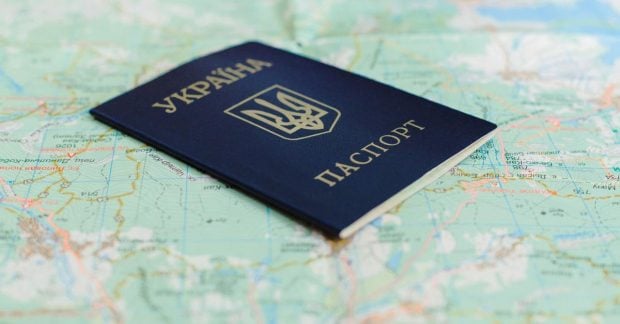The requirement to remove shoes at airport security, enforced across the US and sometimes required in other countries, is another rule that refuses to die. This traces its history back to 2001, and the case of Richard Reid, who tried (and failed) to detonate a shoe bomb on American Airlines Flight 63. A delay in the departure of Reid’s flight was credited with saving the day; apparently the rainy weather, along with Reid’s foot perspiration, caused the fuse to be too damp to ignite.
The airport experience is filled with other security rituals. Back in the Sixties, air passengers could simply waltz on board. Now, after five decades of health-and-safety mission creep, it’s very different. Luggage is X-rayed. Belts and jackets must come off. Laptops and cameras must be placed in their own containers. There are pat-downs. There are full body scanners (which can be traced back to an attempt by Umar Farouk Abdulmutallab to blow up Northwest Flight 253 with a bomb hidden in his underwear). Since the 2001 terrorist attacks, all objects with a point or blade have been banned. Slightly confusingly, one cigarette lighter is allowed on UK flights, but not two.
The theatre continues on board, with the in-flight safety briefing a masterclass in pointless information. Must they reiterate that smoking is banned, when every person on Earth knows this is the case? Do we really need to be reminded that the seat belt sign means we should put our seat belts on?
US pilot and author Patrick Smith has previously suggested trimming the safety briefings to no more than 90 seconds of the most important information. “Hit the bullet points and be done with it,” he said.
And the most important bullet point of all? Telling passengers not to retrieve their hand luggage during an emergency. “I cannot overemphasise how dangerous this is,” says Smith. “This should be a bold-print, high-emphasis item in any briefing. Instead we get complicated, 20-step directions on how to use a life jacket. I could also mention that while neither is likely, a runway evacuation is a lot more likely than a water landing.”
The brace position is another head-scratcher. Not only does its usefulness appear debatable when a plane is heading towards the ground at 600 miles per hour, but have you ever actually tried to adopt the position in a modern economy class seat?
Planes possess countless features that tell of an unhealthy obsession with safety. A small black triangle can be seen above the window with the clearest view of the wing (so flight attendants save split seconds checking the status of the engines). Despite smoking being banned, plane loos still have ashtrays (just in case someone does break the rules and needs somewhere to put it out). Plane doors have a grab handle on the inside in case flight attendants overseeing an evacuation are barged aside by panicky passengers. Planes even possess a horn (to alert daydreaming runway staff, perhaps).
The requirement to put your mobile in “flight mode” is also an exercise in overcaution. “Can cellular communications really disrupt cockpit equipment? The answer is potentially yes, but in all likelihood no, and airlines and aviation authorities are merely erring on the better-safe-than-sorry side,” says Patrick Smith.
“Aircraft electronics are designed and shielded with interference in mind. This should mitigate any ill effects, and to date there are no proven cases of a phone adversely affecting the outcome of a flight. But you never know.”
“Better safe than sorry” has become the sensible motto (or freedom-crushing scourge, depending on your point of view) of modern societies beyond the realms of air travel. “Nothing is so permanent as a temporary government program,” said Milton Friedman. But aviation, as demonstrated above, leads the charge. No pen pusher wants to be responsible for scrapping safety measures, just in case it comes back to bite them. So they keep them in place – and cover their arses. Therefore, no matter what happens with Covid in the coming months and years, air travellers should expect to keep covering their faces.





